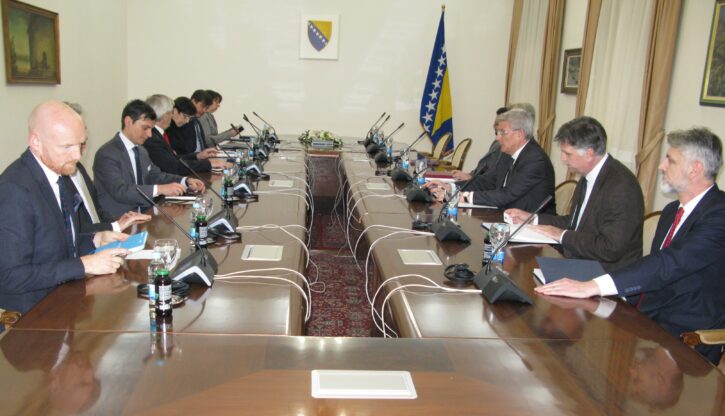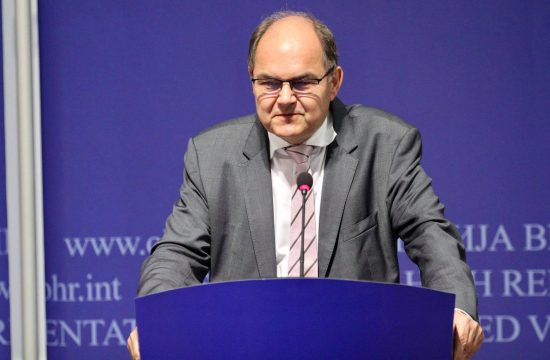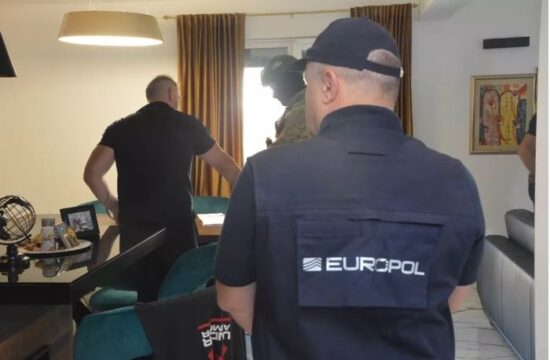
Ambassadors of the US, UK, Germany, France and Italy, as well as head of the EU Delegation to Bosnia, met on Friday with Bosniak and Croat Presidency members, Sefik Dzaferovic and Zeljko Komsic to discuss the implementation of Constitutional Court decisions and the crisis made by politicians from Bosnia's Serb entity of Republika Srpska (RS).
Dzaferovic informed US Ambassadors Eric Nelson, Great Britain's Matt Field, Germany's Margret Webber, France's Guillaume Rousson and Italy's Nicolas Minasi, and head of the EU Delegation Johann Sattler, of the position he and Komsic share, which is that they would not agree to any political ultimatum. He stressed that blocking the work of state institutions is absolutely unacceptable.
On Wednesday, the RS leadership announced they would not take part in the decision-making process at the state level. The whole thing began after several Bosniak MPs in the RS parliament filed an appeal to the Constitutional Court against the RS Law on Agricultural Land and the RS Law on Inland Navigation, stating that the RS is usurping state competencies and taking the land which belongs to the state.
The Court ruled in favour of the Bosniak MPs’ motion, declaring several articles from those laws unconstitutional.
Ambassadors were also familiarised with the Presidency members’ firm position for the strict respect of the Dayton Peace Agreement which ended the war in Bosnia and contains the country's Constitution, as well as the implementation of Constitutional Court's decisions.
The Bosniak member also noted that all the solutions must be the result of a dialogue, strictly in line with the Constitution and European standards, adding that there is no room for anyone's domination or ultimatum.
This was the second such meeting with the said ambassadors, following the first one with the Serb Presidency member Milorad Dodik who invited them to explain what the RS leadership meant by the blockade and to present the entity's discontent with the way the Constitutional Court works and the decision it makes.
Following the signing of the Dayton Peace Agreement, the country was subdivided into two semi-autonomous entities – the Bosniak-Croat shared Federation and the Serb-dominated Republika Srpska. Each entity has its own competencies and parliaments and each entity makes its own laws which must be in line with the state Constitution.





